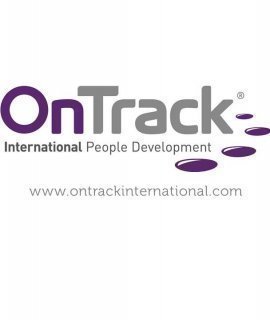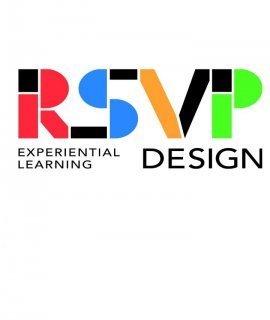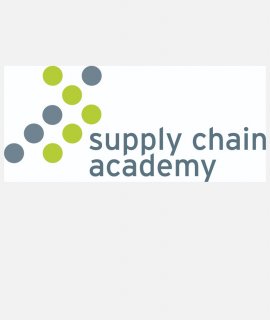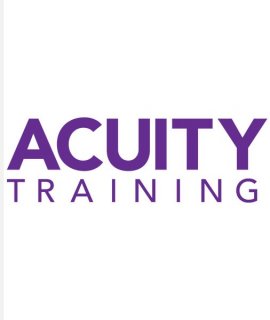A Holistic Learning Approach for Organisations
SOURCE: James Birrell - People Who Know
PUBLISHED: 26/10/2018
The term “holistic” often brings to mind non-scientific therapies and alternative lifestyles featuring scented candles and self-help strategies involving chanting and meditation. (Not that there is anything wrong with any of those things.) However, from a learning perspective there are benefits to be gained from taking a holistic approach to the development and deployment of learning in organisations. We can approach holistic learning from two perspectives – educating the whole person; and a strategic design approach.
1) Holistic Learning – educating the whole person
A key proposition of Experiential Learning Theory (Kolb & Kolb) is that learning is a holistic process of adaptation. It is not just the result of cognition but involves the integrated functioning of the total person – thinking, feeling and behaving. Itaddresses and involves the learner's whole personality.
- Cognitive (Thinking) – learning facts, theory, logical relations
- Emotional (Feeling) – playfulness, feeling connected to others, experiencing positive and negative emotions by being challenged, emotions regarding values and intellectual concepts
- Practical (Behaving) – turning ideas into decisions and actions, practicing skills and experimenting, learning by doing
Holistic learning encourages the use of meaningful content that relates to authentic tasks/situations to engage learners, it focuses on building knowledge and critical thinking as opposed to teaching facts/figures, and it continually encourages learners to develop and find the application of what they’ve learnt. There are different methods that can be used:
- Practical Experience:
- Role-playing games, independent work on tasks, simulations, working with experts, presenting their experience and expertise
- Acquiring Knowledge:
- Involving experts, sharing expertise among participants, text work, media work, analytical tasks
- Reflective Evaluation:
- Collaborative feedback, independent evaluation by participants of the experience and outcomes, facilitating skills to identify personal criteria for success, discussion
Holistic learning provides a range of learning opportunities that can be applied to create a complex and deep learning experience. When the learning objectives are aligned to the operational goals holistic learning maximises the opportunity for individual and organisational performance improvement.
2) Holistic Learning – a strategic design approach
High-performing organisations foster a culture of continuous learning and take a much more holistic approach to learning and development. Holistic approaches to learning recognise the connectedness of mind, body and spirit. When we take a holistic approach to learning in the workplace we need to be aware of the physical, personal, social and emotional wellbeing of the learner as well as focusing on the operational objective of the learning. There are three key elements to consider in developing a holistic learning approach:
- The learning context:
- The strategic alignment of the learning with the operational and commercial goals of the organisation
- The framework within which the learner receives value
- The establishment of learning standards and methods of measure
- The link to performance management and talent development
- The learning environment:
- The infrastructure to plan, develop, deliver and evaluate learning
- The management of the physical space
- The opportunity for social interaction and personal reflection
- The importance of continuous learning
- The learning blend:
- Varied content delivery
- Self-directed and facilitated options
- Clear catalogue or curriculum navigation and learning paths
Taking a holistic approach to learning is crucial in our fast changing working environment. Technology has disrupted work and learning. We need to respond to the changing requirements – and expectations – of today’s organisational learner. Flexibility, mobility and on-demand learning within a strategic delivery framework are key to ensure engagement.
Research by Deloitte has linked on-going, holistic learning in the workplace to increased employee productivity and improved employee retention. A holistic learning approach which offers opportunities to the ‘whole person’ through a varied delivery offer empowers employees to gain the knowledge and skills they need to advance their careers within the organisation. This offers the opportunity for a different kind of self-help from that usually associated with the term holistic – self-directed learning with immediate value. Scented candle and chanting optional.
Comments
Be part of the conversation by adding a comments below
No comments have been added yet







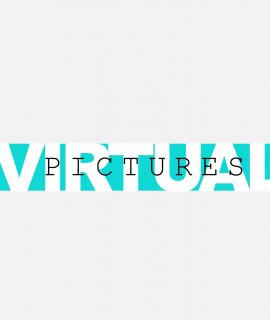

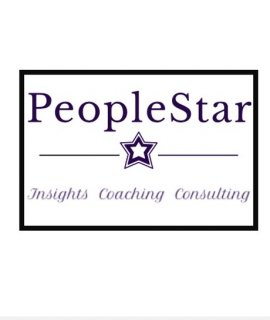


_270x320.png)
